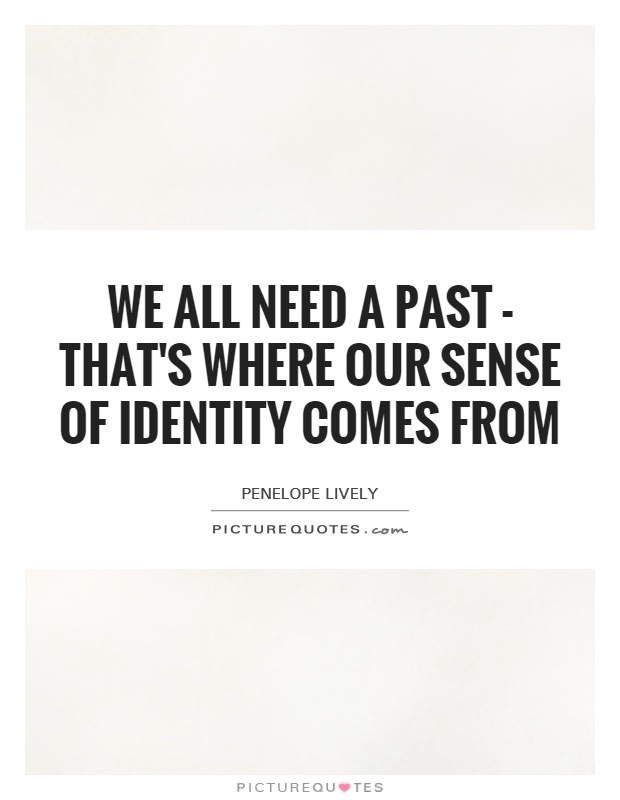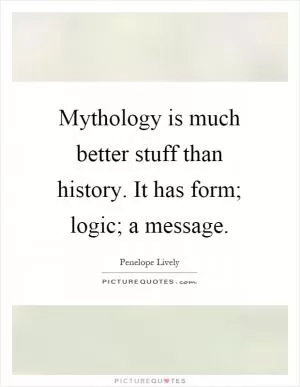We all need a past - that's where our sense of identity comes from

We all need a past - that's where our sense of identity comes from
Penelope Lively, a renowned British author, has often explored the theme of identity and the role of the past in shaping who we are in her works. In her novels, Lively delves into the complexities of memory, history, and personal experiences to illustrate how our past influences our present and future selves. One of the recurring themes in her writing is the idea that our sense of identity is deeply rooted in our past.Lively's belief that "we all need a past - that's where our sense of identity comes from" is evident in many of her novels, where characters grapple with their personal histories and the impact of past events on their lives. In her novel "Moon Tiger," for example, the protagonist, Claudia Hampton, reflects on her past experiences and relationships as she lies on her deathbed. Through Claudia's memories, Lively explores how the past shapes our perceptions of ourselves and others, and how our memories can both haunt and comfort us.
In "The Photograph," another of Lively's novels, the protagonist, Glyn Peters, discovers an old photograph that triggers memories of his childhood and his relationship with his mother. As Glyn delves into his past, he begins to question his own identity and the choices he has made in his life. Lively uses Glyn's journey to explore how our past experiences can influence our sense of self and our understanding of the world around us.
Through her exploration of the past in her novels, Lively highlights the importance of understanding and embracing our personal histories. She suggests that our past experiences, relationships, and memories are essential components of our identity, shaping who we are and how we navigate the world. By acknowledging and reflecting on our past, we can gain a deeper understanding of ourselves and the forces that have shaped us.












 Friendship Quotes
Friendship Quotes Love Quotes
Love Quotes Life Quotes
Life Quotes Funny Quotes
Funny Quotes Motivational Quotes
Motivational Quotes Inspirational Quotes
Inspirational Quotes